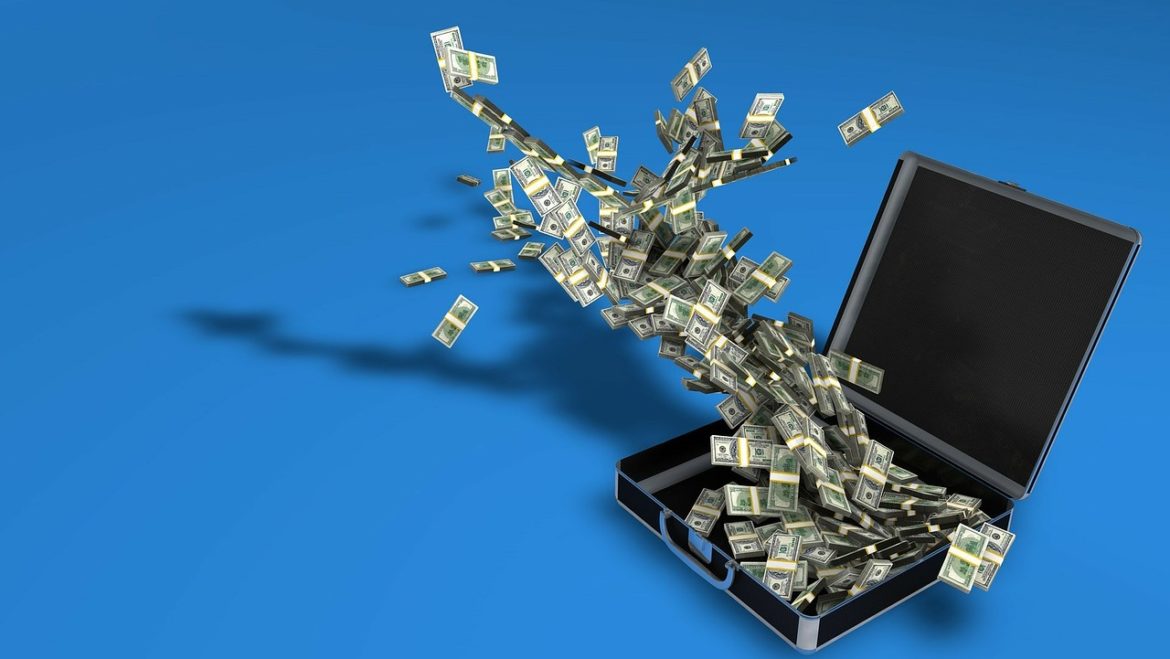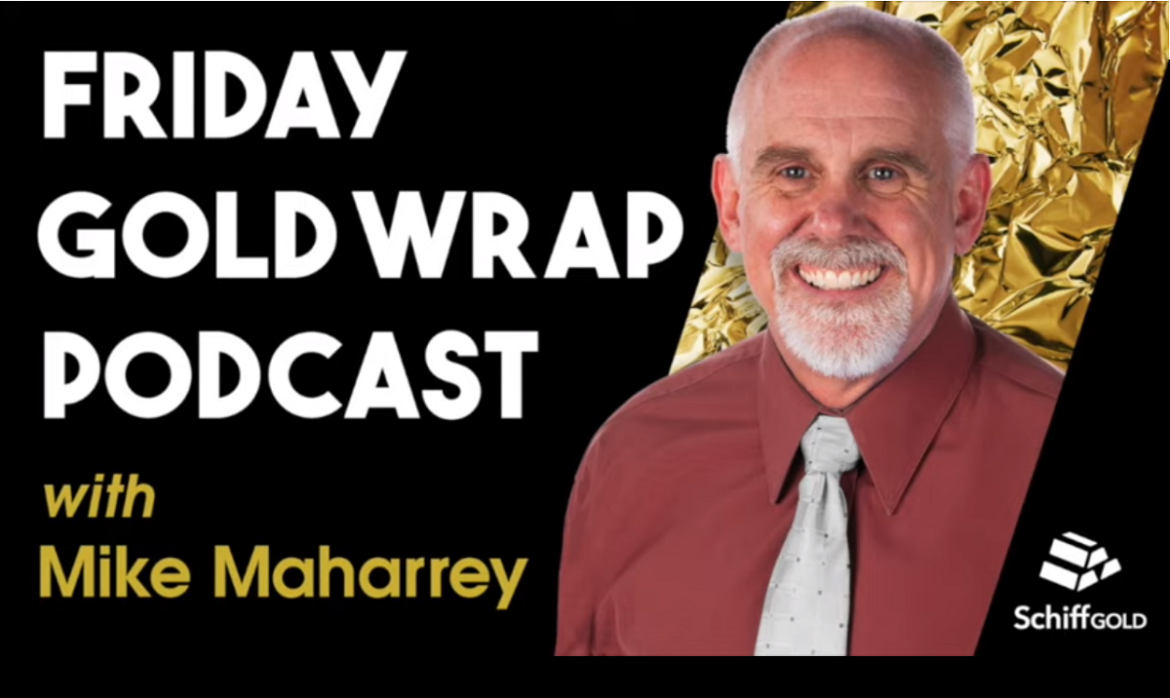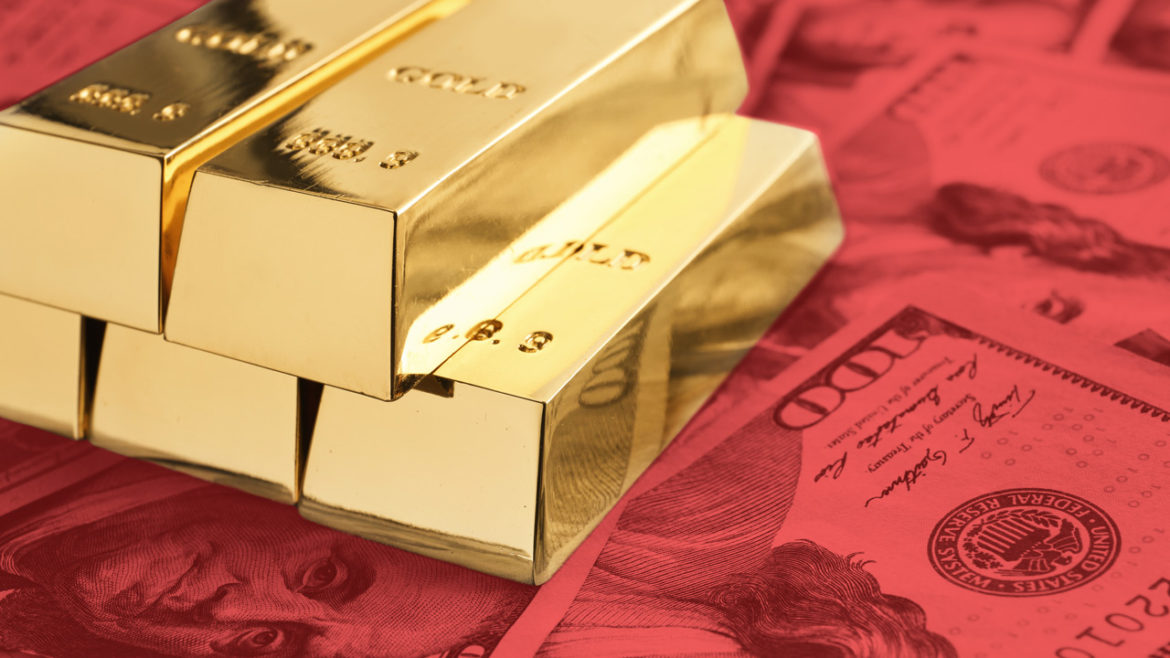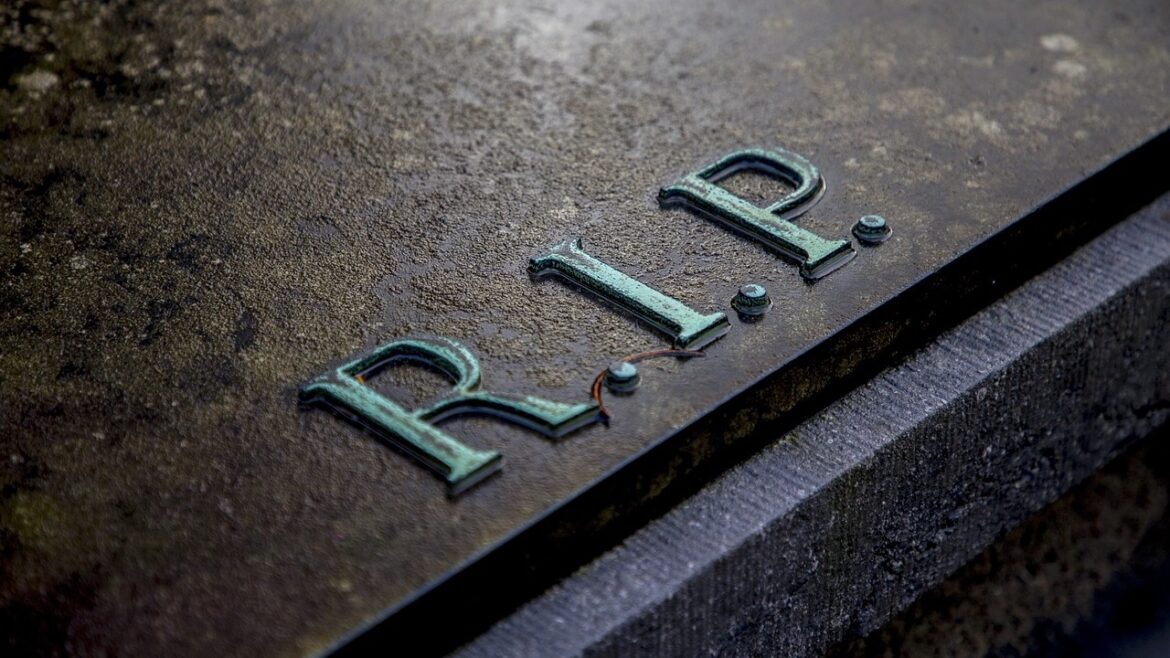The financial crisis that kicked off in March continues to bubble under the surface.
Total outstanding loans in the Federal Reserve’s bank bailout program jumped by just over $5 billion in November.
Did you know Thanksgiving almost didn’t happen thanks to the Pilgrims’ experiment with socialism? It didn’t work. Fortunately, they figured out some economic truths and the rest is history. In this episode of the Friday Gold Wrap, host Mike Maharrey tells the Thanksgiving story you almost certainly didn’t hear in school. He also explains why today is called Black Friday.
“Resilient” American consumers are digging into their retirement funds to pay their bills.
Mainstream financial pundits, politicians, and Fed officials keep telling us the economy is strong because Americans keep spending money. They just assume this is a sign of economic strength without ever asking exactly how they’re paying for all of this “robust” spending.
Inflation robs you of purchasing power by driving up the price of everything you buy. You see the impacts of inflation every time you go to the store. But sometimes inflation hits you in a more subtle way that’s difficult to see – through “shrinkflation.”
I experienced shrinkflation first-hand last weekend.
The latest buzzword in the mainstream financial media is “soft landing.” Everybody seems convinced the Fed has beaten inflation, and that it has completely avoided pushing the economy into a recession. According to the mainstream narrative, we may see a bit of an economic slowdown in the months ahead, but a recession is pretty much off the table. In his podcast, Peter Schiff explains why a soft landing is impossible.
Everybody seems convinced that the Federal Reserve has won the inflation fight, there will be no more interest rate hikes, and rate cuts are right around the corner. But as Friday Gold Wrap host Mike Maharrey reminds us, it’s not over until the fat lady sings. And she hasn’t sung a note. In this episode, he breaks down the latest CPI data and explains why the victory dance might be premature.
The technical position for gold is looking very positive for higher prices. But technical analysis should be backed by fundamentals.
To a large extent, fundamentals are in the eye of the beholder, whose opinions in any situation can vary from positive to negative and everything in between. But even for the economic optimists, there are gathering clouds on the horizon likely to continue undermining the global economic outlook, the dollar, and all financial asset values. Fiat currencies are being downgraded relative to real money, which is gold.
Greenlight Capital reported a major increase in its exposure to gold as the hedge fund’s founder worries about the direction of the markets. In a Q3 letter to investors, David Einhorn expressed concern about geopolitical uncertainty, the rising price of oil, and inflation.
The October CPI came in lower than expected, sparking a rally in stocks, bonds, and gold. Cooling prices reinforced the belief that the Federal Reserve won the inflation fight and the rate hiking cycle is over. In his podcast, Peter Schiff explained why the demise of inflation is greatly exaggerated.
From time to time, Peter Schiff hosts Q&A sessions with premium subscribers to his podcast covering a wide range of investing and economic topics. In this video clip, Peter publicly answers eight questions on gold, silver, and general investment strategies.












